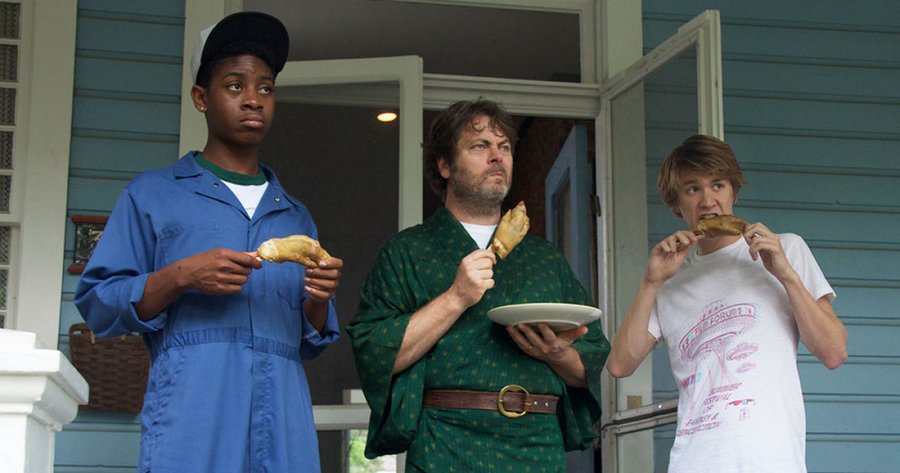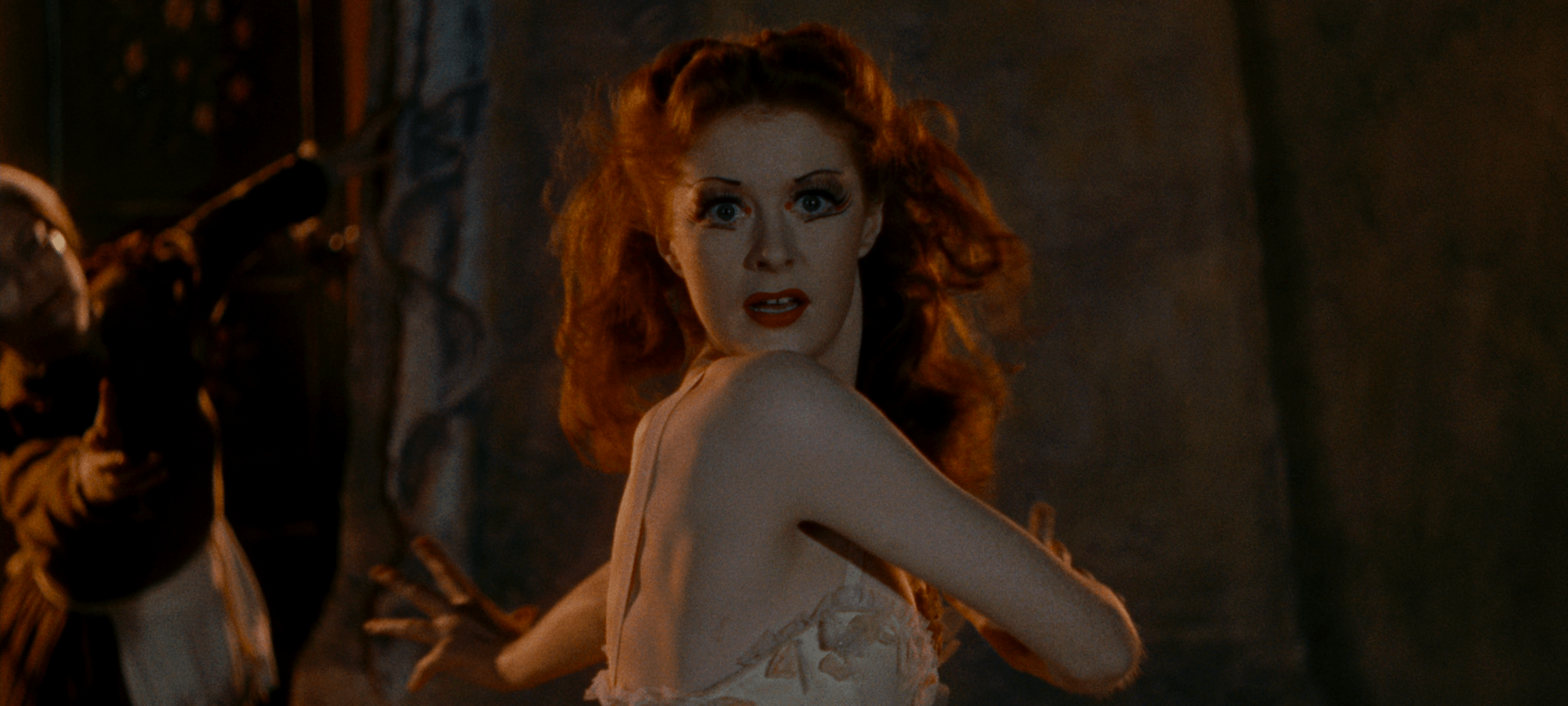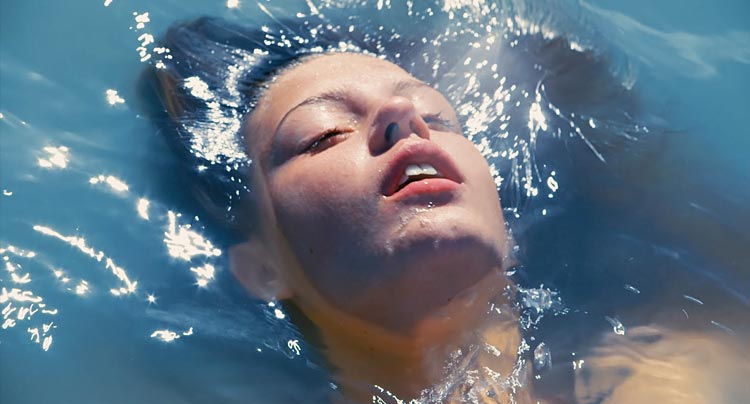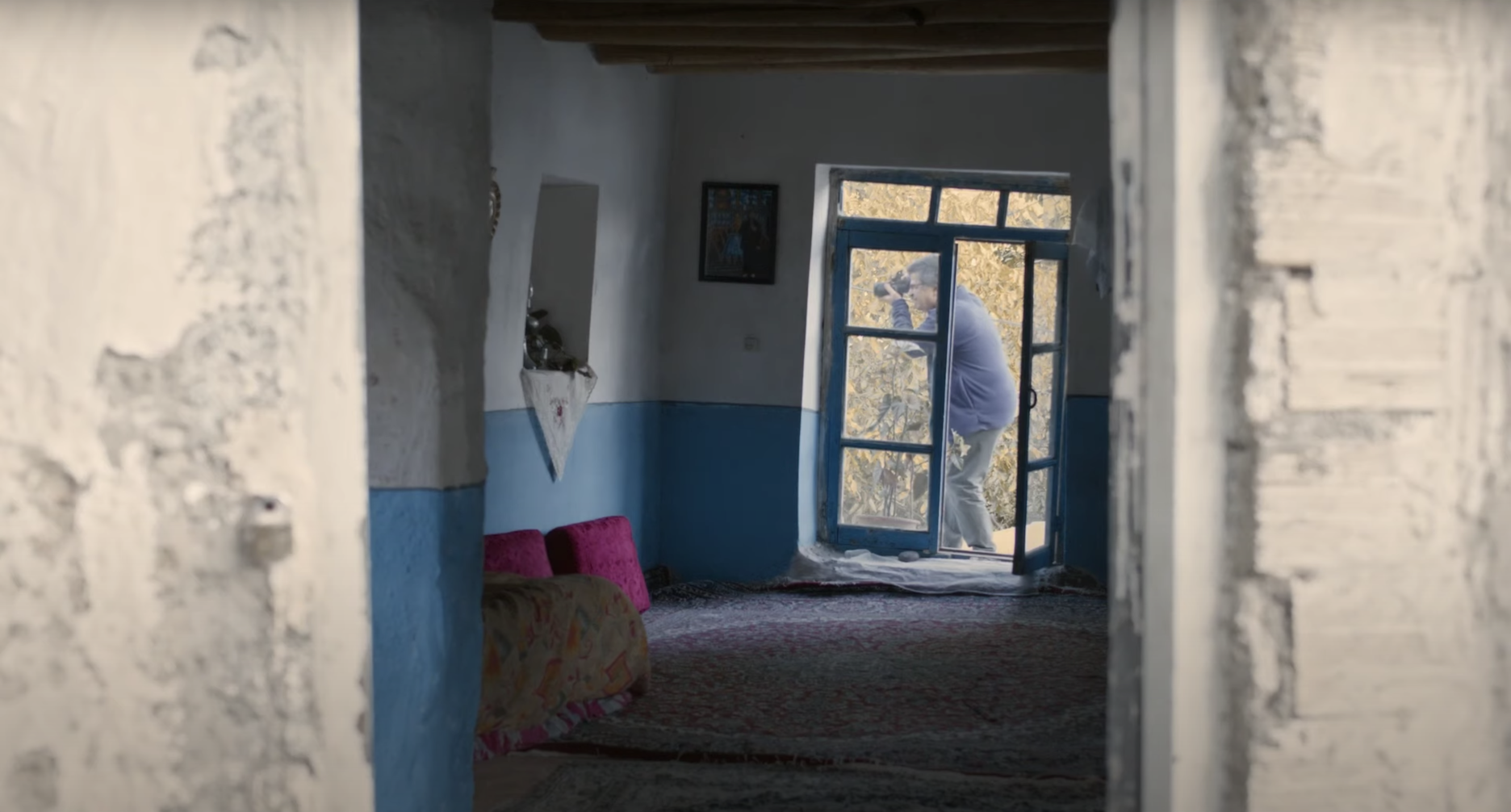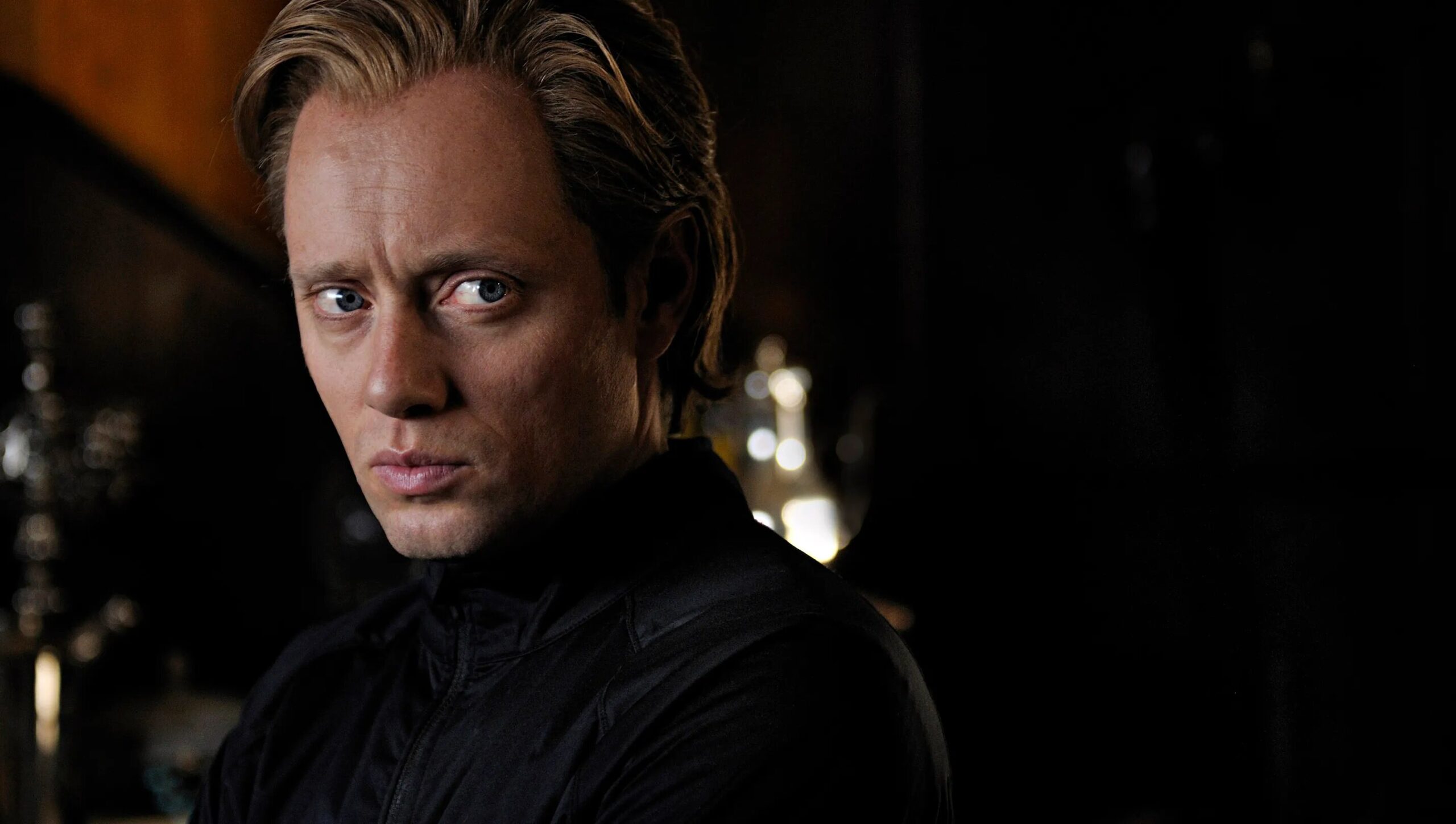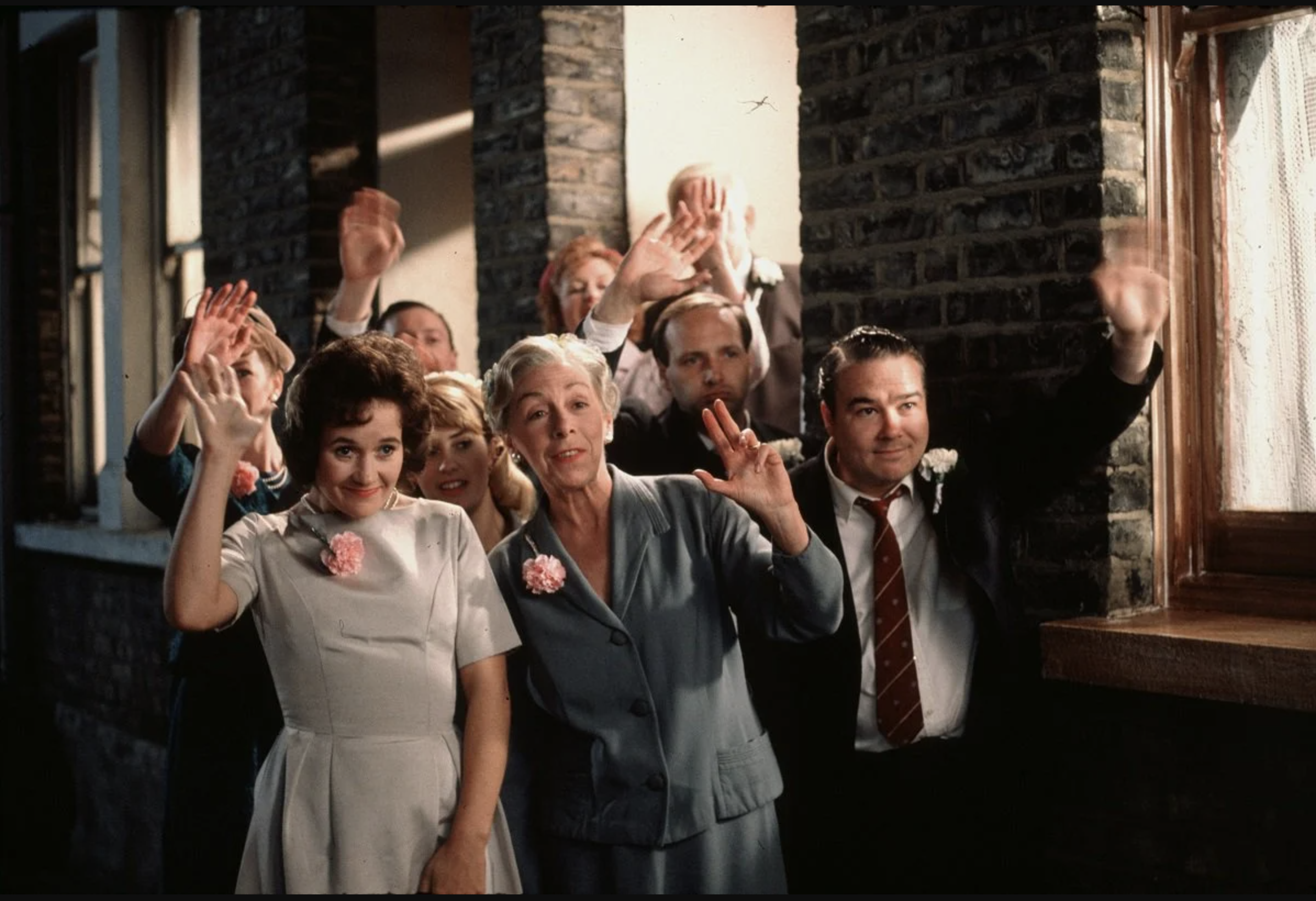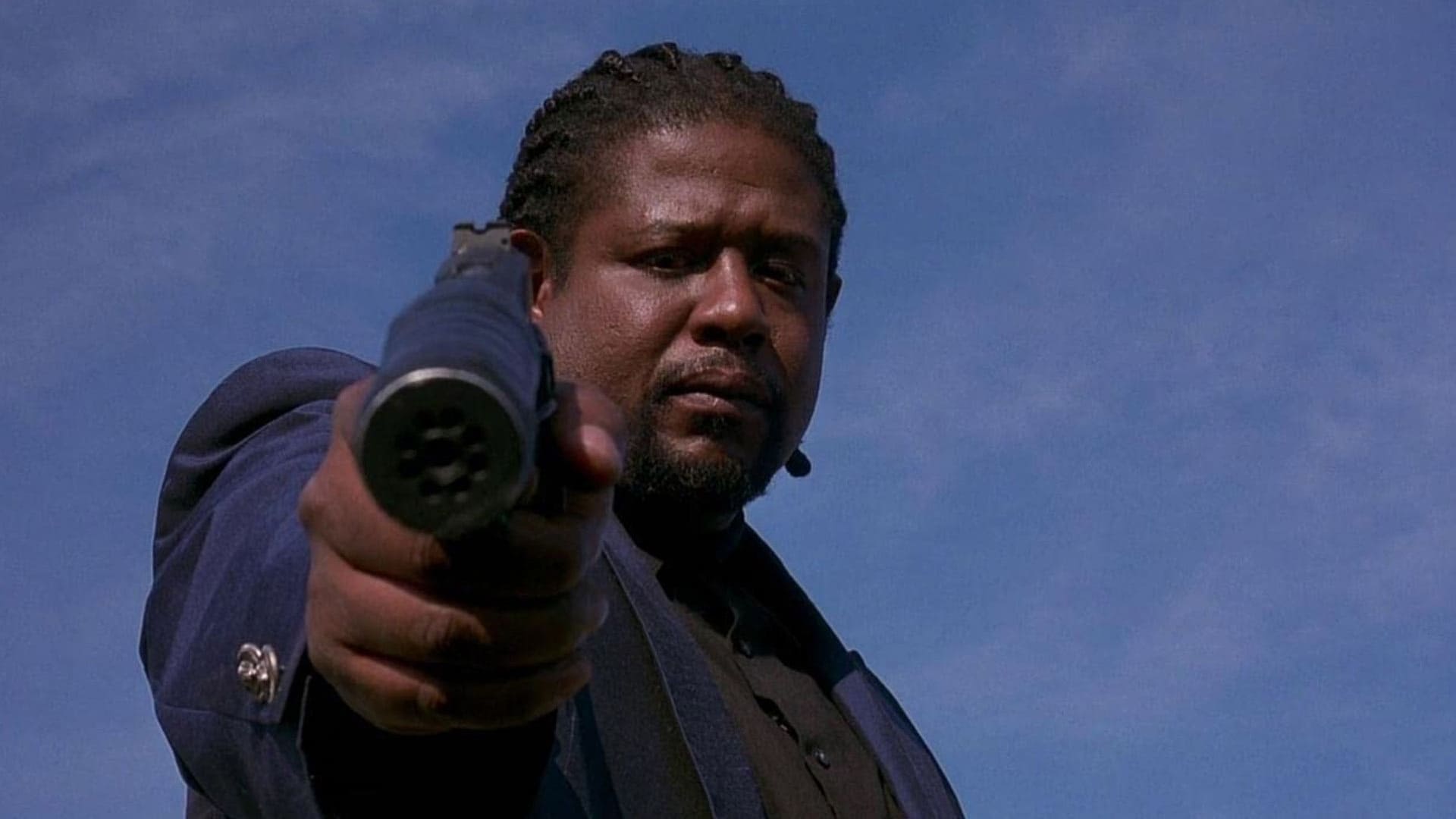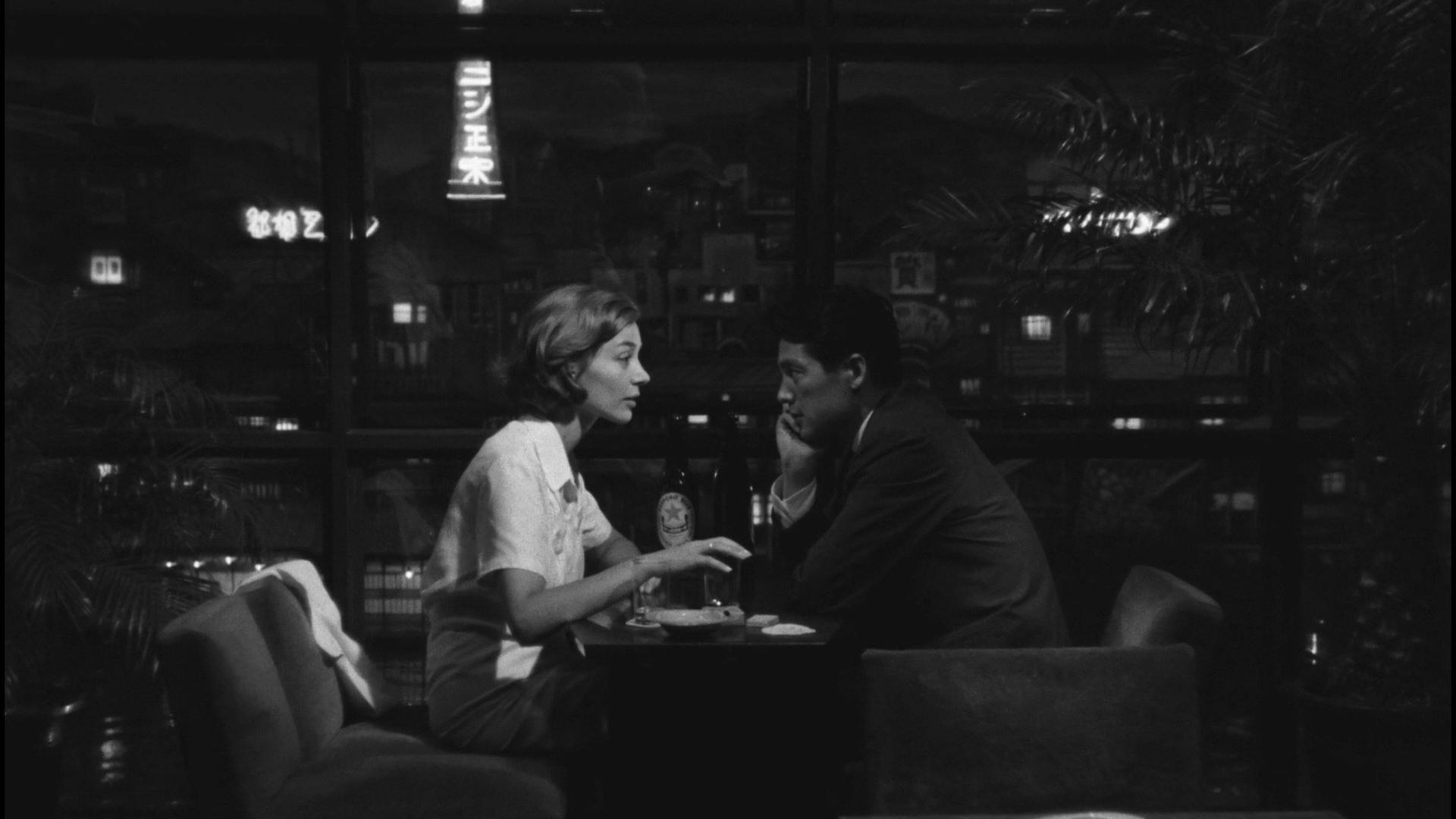
40 Unique Amazon Prime Movies to Watch Now
March 26, 2025
Share:
Nothing is ever truly original anymore, least of all in cinema—where filmmakers are constantly inspired by each other and proudly pay homage to earlier works. But there can be a point when movies begin to feel safe and same-y, especially if you’re streaming, buying, and renting from a service with as wide a library as Amazon Prime. So we at agoodmovietowatch have put together a list of films that aren’t only underseen by general audiences but can actually serve as a reminder of what movies can accomplish if filmmakers really think outside the box, while still honoring the greats before them.
Read also:
1. Victoria (2015)
Genres
Director
Actors
Moods
Much like Berlin’s infamous nightlife, which serves as the backdrop to the plot, this daring German real-time drama will eat you up and spit you out. After leaving a nightclub at 4am, Victoria, a runaway Spanish girl, befriends a gang of four raucous young men, climbing rooftops and drinking beers among the city’s moon-lit streets. The gang’s light-hearted banter is impressively improvised from a skeleton script, offset by Niels Frahm’s ominous original score.
But what starts out as late-night high jinks swerves into darker territory. Driven by her infatuation with the pack leader Sonne, played by Frederick Lau, Victoria ends up being recruited as a get-away driver for an ill-prepared bank robbery and loses herself in a sinister spiral of events. What sounds like a standard-issue crime drama is, in fact, a staggering cinematic experiment.
Filmed in one take, on location, and in real time, the movie’s production is indeed a gamble, but director Sebastian Schipper more than pulls it off. The claustrophobic camerawork of cinematographer Sturla Brandth Grøvlen leaves the viewer feeling like a hapless accomplice to Victoria’s plight. With Laia Costa giving an awe-striking lead performance, the high wire acting of the entire main cast only adds to this effect. Victoria is a stellar directorial debut, heart-stopping drama, and a truly immersive experience.
2. Me and Earl and the Dying Girl (2015)
Genres
Director
Actors
Moods
Dorky kid Greg Gaines (played by the brilliant and unlikely named Thomas Mann) has severe issues with closeness (he calls his best friend a “co-worker”) and is instructed by his mother to befriend Rachel (Olivia Cooke), a girl recently diagnosed with cancer. Far from being an indie tear-jerker, though, “this isn’t a touching romantic story”, as Greg’s narration reminds us. This is not least to the quirky nature of the film and the third titular character Earl, Greg’s closest co-worker, who acts as the moral glue between Greg and Rachel.
In addition to hilarious writing and amazing performances, the film is laced with pop-cultural references by way of the movies that Greg and his Earl shoot in their spare time – spoofy takes on cult movies with titles like Sockwork Orange. Moving without being melodramatic, Me and Earl and the Dying Girl is a charmingly off-kilter fish-out-of-water plot about making friends, dealing with death, and enjoying life best as one can.
3. The Red Shoes (1948)
Genres
Director
Actors
Moods
While today’s moviegoers would likely pick Black Swan as the ballet film of choice, there is one film classic that brings the title of the best ballet film in contention. That is The Red Shoes. It first divided critics of film and ballet alike, but as time went by, the spectacular drama from Michael Powell and Emeric Pressburger deservedly garnered acclaim for the brilliant, novel ways of bridging the gap between art forms. Of course, the most obvious of this is the lush, stunning 17-minute dance sequence that first incorporated dynamic camera movement to the choreography, and captured Han Christian Andersen’s story to its essentials. But aside from just depicting the dance, The Archers reconfigured every other single aspect of film to bend toward the movement without breaking the beauty of every shot– the scoring, the casting, the production design, and the ballet-within-a-film plotline. It’s because of this that The Red Shoes garnered a legacy of being one of the best ballet films, one of the best British films, and even one of the greatest films ever made.
4. Blue Is the Warmest Color (2013)
Genres
Director
Actors
Moods
More simply called La Vie d’Adèle in its native language, this French coming-of-age movie was hugely successful when it came out and was probably one of the most talked-about films of the time. On the one hand, the usual puritans came to the fore, criticizing the lengthy and graphic sex scenes. On the other hand, Julie Maroh, who wrote the source material that inspired the script, denounced Franco-Tunisian filmmaker Abdellatif Kechiche for directing with his d*ck, if you don’t mind me saying so, while also being an on-set tyrant. Whatever you make of this in hindsight, the only way to know is to watch this powerfully acted drama about the titular Adèle (Adèle Exarchopoulos), and her infatuation with Emma, a free-spirited girl with blue hair, played by Léa Seydoux. The film beautifully and realistically portrays Adele’s evolution from a teenage high-school girl to a grown, confident woman. As their relationship matures, so does Adèle, and she slowly begins to outgrow her sexual and philosophical mentor. Whatever your final verdict on the controversial sex scene, Blue Is the Warmest Color is without doubt an outstanding film as are the performances from Exarchopoulos and Séydoux.
5. No Bears (2022)
Genres
Director
Actors
Moods
The Iranian director Jafar Panahi has faced constant persecution from his country’s government for over a decade, for his career of sharply political films speaking truth to power. In fact, No Bears—which was shot in secret, in defiance of the government banning him from filmmaking for 20 years—had its initial festival run in 2022 while Panahi was in prison. Evidence of Panahi’s drive to keep making his movies, no matter what, are clear in this film’s limited resources and occasionally inconsistent video quality. But even those obstacles can’t get in the way of his vaulting ambition.
No Bears operates on several different layers that all express Panahi’s growing frustration with—but also his commitment to—making art that only ever seems to put himself and other people in harm’s way. At its base level, this is a suspenseful small-town thriller, as an exiled Jafar Panahi (playing himself) tries to evade suspicion from the villagers around him. At the same time, Jafar is struggling to direct a film remotely, which creates a strain on his production crew. On top of that, the characters in his film undergo their own drama, seeking asylum out of Turkey. All of this is edited together under a stirring screenplay written with heart, humor, and the hope that the institutions that try to scare us will never keep us in the dark forever.
6. Headhunters (2012)
Genres
Director
Actors
Moods
Fasten your seatbelts because this nasty little chase film will jerk the wheel when you least expect it, featuring balls-to-the-wall action and lots of Norwegian humor – dark humor that is. Based on a novel from the country’s most famous crime writer, Jo Nesbø, Headhunters is brutal, insane, and incredibly good. This twisting, turning thriller tells the story of a corporate recruiter (Aksel Hennie), who has a secret side hustle as a nightly art thief. He ends up being pursued by the charismatic Clas Greve, a Dutch businessman played by none other than GoT-star Nikolaj Coster-Waldau. And this plot summary is as far as you will get without the whole thing swerving into another direction. Headhunters does not slow down unless it wants to destabilise you further with simmering suspense. Like a Lars von Trier on speed, expect all the raw colors, emotion, and slightly off-kilter characters you want from a Norwegian production – and brilliant entertainment!
7. Distant Voices, Still Lives (1988)
Genres
Director
Actors
Moods
This tender, autobiographical coming-of-age story about a working class family in post-war Liverpool is Terence Davies’ masterpiece—evoking memories through a series of loosely connected scenes that highlight the joys and woes of growing up. It is comprised of two films shot two years apart. The first details the tribulations of a young family surviving an abusive father in the ‘40s. The second part follows the kids grown up and finding their way in the ‘50s, and the influence of music and cinema on their lives. Davies uses a series of beautifully composed tableaux to tell the tale, which bring the setting and the characters intimately to life. Distant Voices, Still Lives is regarded as one of the greatest British films of all-time.
8. Transit (2018)
Genres
Director
Actors
Moods
Transit is based on a WWII novel — though you wouldn’t be able to tell from first glance. While the characters talk of German fascists occupying France, anachronistic details (like modern technology and clothing) suggest we haven’t gone back in time at all. Director Christian Petzold isn’t trying to confuse us: by blurring the backdrop, he’s making the terror and the desperation of the story more immediate — removing the distance that might have prevented us from really feeling what happens.
The uncanny historical echo effect works as intended, because the parallels Transit subtly draws between the past and today are horribly clear. What’s more, the movie’s intentionally ambiguous framing suffuses the plot with an otherworldly sense of mystery, a quality that gradually intensifies as Georg (Franz Rogowski) desperately searches for a one-way ticket out of hellish bureaucratic limbo before he finds himself waylaid by that most mysterious emotion of all: love. Unshakably haunting and undeniably poignant, this is a movie that will live under your skin.
Read also:
9. Ghost Dog: The Way of the Samurai (1999)
Genres
Director
Actors
Moods
Director Jim Jarmusch audaciously combined the DNA of French noir classics with that of samurai and mafia movies to produce this utterly original film. As advised by the ancient Japanese manual it often quotes, though, Jarmusch’s movie also “makes the best” out of its own generation by adding hip-hop into its wry genre blend. The results are more than the sum of their parts, especially because the film is so eccentric: no matter how au fait with its inspirations you are, you still won’t see “Forest Whitaker plays a lonely hitman who wields and whooshes his silencer pistol like a samurai sword, lovingly tends pigeons, and can’t even speak the same language as his best friend” coming.
Ghost Dog’s strangeness is never jarring, though, thanks to Whitaker’s cool, collected performance, an atmospheric score by Wu-Tang Clan’s RZA, and the cinematography’s tendency to use smooth double exposures for scene transitions. It almost feels like we’re in another world: Jarmusch zooms in on the Bushido code obsessions of Whitaker’s single-minded character and the mafiosos’ dying laws, blurring out everything else so the movie becomes a meditation on the impulse to moralize one’s misdoings by subscribing to rigid definitions of “honor.” Not an exercise in surface style, then, but a bone-deep reflective masterpiece.
10. Nebraska (2013)
Genres
Director
Actors
Moods
Nebraska is a poem distilled into a film. Peter Travers from Rolling Stone says “is it a comedy or a drama? Both at the same time, as life itself.” Everything about it is perfect: the acting, the photography, the story. In case that’s not enough and you need to know the plot to get convinced, I’ll tell you that it’s a road movie about a senile old man and his son. If you still want more information, you can Google it, but come on! You’ll just be wasting time that would be better spent on watching this masterpiece.
Comments
Add a comment
Ready to cut the cord?
Here are the 12 cheapest Live TV streaming services for cord-cutting.
More lists
Lists on how to save money by cutting the cord.
Curated by humans, not algorithms.
© 2025 A Good Movie to Watch. Altona Studio, LLC, all rights reserved.

